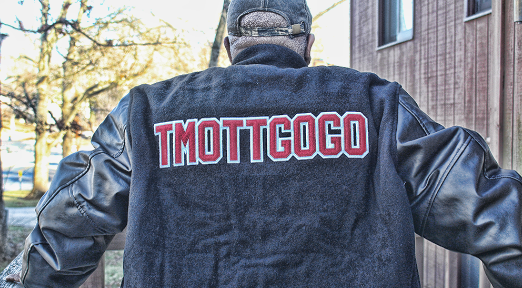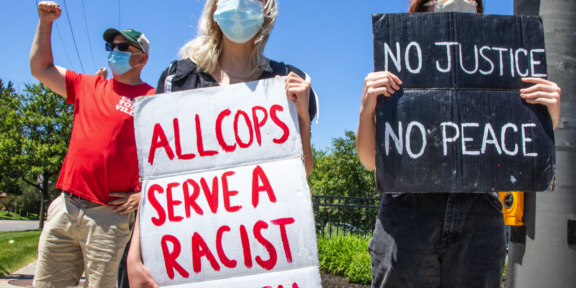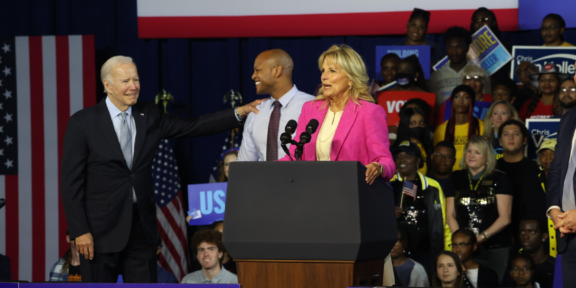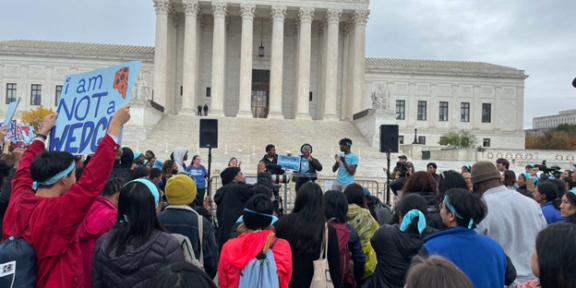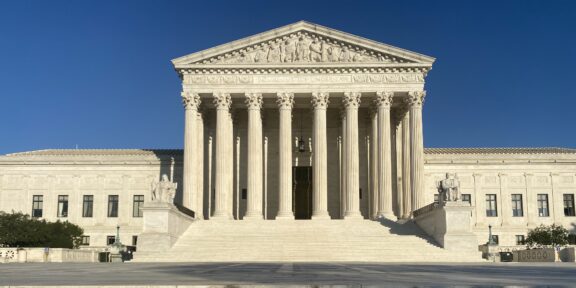By Cory Utsey
Howard University News Service
The Supreme Court of the United States (SCOTUS) is hearing a case today surrounding the preservation of legal claims for an appeal.
The case, Dupree v. Younger, 22-110, concerns itself with the prospect of appellate review, which is a term that refers to the power obtained by a higher court to examine the decisions made by a lower court. The court will resolve whether or not the filing party, Neil Dupree, has the right to reassert a claim that was made in a pre-trial motion during the post-trial motion and obtain appellate review.
According to the Oyez Project, Kevin Younger, the respondent in this case, was detained at a state prison in Baltimore, Maryland, prior to the start of his trial. Along with other inmates, Younger was attacked by three guards one morning due to orders made by Dupree, who was one of the prison’s intelligence lieutenants. As a result, Younger sued Dupree under 42 U.S.C. § 1983, a code that relates to a civil action for the deprivation of one’s rights. Younger claimed that Dupree violated the “due process” rights afforded to him by the Fourteenth Amendment.
Dupree moved for a summary judgment, which the American Bar Association defines as a motion that asks the court for a judgment on the validity and essential issues of a case prior to the trial. This was predicated on the basis that Younger had not “exhausted his administrative remedies,” according to the National Association of Attorneys General (NAAG). The district court denied his motion, and as the case proceeded to trial, Dupree lost.
Dupree attempted to appeal this decision; however, the United States Court of Appeals for the Fourth Circuit dismissed it, claiming that they could not review any issue that was rejected at the summary judgment unless it was brought up in a post-trial motion. Dupree did not raise an exhaustion defense– which refers to the requirement that the petitioner must seek a remedy in a local court first– until the final judgment was already entered, rendering the exhaustion defense unreviewable. Generally, orders that a motion has been denied are not final and cannot be appealed until after the final judgment has been entered.
In turn, the Supreme Court will hear an oral argument to resolve “whether to preserve the issue for appellate review a party must reassert in a post-trial motion a purely legal issue rejected at summary judgment,” according to SCOTUSblog, an independent news and analysis blog that reports on SCOTUS cases.
Each year, the Court holds an oral argument in approximately 70-80 cases. These arguments provide an opportunity for Justices to directly question the lawyers involved in the case, while the lawyers are provided an opportunity to highlight any arguments that they deem relevant.
There are 9 federal judicial districts in the United States, and they are organized into 12 regional circuits. Each one has its own court of appeals.
According to the United States Courts, these courts hear appeals that are made from any district courts within their circuit, along with any appeals for decisions that are made by federal administrative agencies. They also hear original proceedings that are filed within the court of appeals.
Regarding appellate courts, they sometimes hear cases that originated in a state court when they include claims that a local law or state law violates certain rights that are guaranteed by the United States Constitution.
In this particular case, Dupree, as the petitioner, believes that he should have the right to reassert his initial pre-trial claim in the post-trial motion in order for the case to attain appellate review.




